A little-known federal court in Manhattan is stepping into the spotlight to tackle President Donald Trump’s tariff extravaganza. The U.S. Court of International Trade, sounding like a stage for global economic drama, is hosting a legal showdown that could either clip the wings of Trump’s trade policies or let them soar like a budget airline dodging turbulence.
On Tuesday, May 13, 2025, three judges will don their robes and dive into arguments about whether Trump’s tariff spree—slapping import taxes on over 180 countries—was a brilliant chess move or an overzealous leap off the board. The courtroom’s livestream at 11 a.m. ET promises more suspense than a season finale cliffhanger, with audio capturing every legal jab and counterpunch.
Five plucky small businesses, the underdogs in this economic epic, filed the lawsuit in mid-April, claiming they’re caught in the crossfire of Trump’s tariff blitz. These companies, reliant on imported goods that apparently can’t be sourced from Uncle Sam’s backyard, argue that Trump’s use of the 1977 International Emergency Economic Powers Act (IEEPA) is about as legit as a three-dollar bill.
The IEEPA, a law meant for dire national emergencies, was Trump’s go-to for justifying his “reciprocal” tariffs, which he proudly unveiled on April 2, dubbing it “Liberation Day.” But the plaintiffs are calling foul, insisting that trade deficits—yawn-inducing staples of economic reports for decades—hardly qualify as a five-alarm crisis.
“Trade deficits aren’t an emergency; they’re just the economy’s way of keeping score,” the lawsuit quips, arguing that Trump’s emergency declaration is more theatrical than a Broadway revival. These businesses want the court to slam the brakes on Trump’s April 2 executive order and maybe even refund the tariffs they’ve grudgingly paid.
The Department of Justice, ever the loyal sidekick, is swinging back, claiming the IEEPA gives Trump the green light to play tariff maestro. “Congress said it’s cool,” their brief essentially shrugs, arguing that the president can regulate imports with tariffs under the right conditions—like a national emergency, real or imagined.
But here’s where the plot thickens: the Liberty Justice Center, the libertarian champs behind the lawsuit, says the Constitution hands Congress, not the president, the keys to the tax-and-tariff kingdom. They’re waving the nondelegation doctrine like a red cape, daring the court to declare Trump’s tariff powers an unconstitutional overreach.
Trump, the self-styled deal-making maestro, has long sung tariffs’ praises as his magic wand for bullying trade partners into better deals while filling federal coffers. His “Liberation Day” tariffs were meant to rewrite the global trade script, but markets have been jitterier than a caffeinated squirrel ever since.
In a classic Trump pivot, he dialed back the tariffs to a modest 10% for 90 days for most countries (China got a separate memo) just a week after his big announcement. And on Monday, a 90-day tariff truce with China was inked, giving everyone a breather while negotiators try to untangle this trade knot.
The courtroom clash isn’t just about dollars and cents—it’s a battle over who gets to call the shots in America’s trade saga. If the judges side with the plaintiffs, Trump’s tariff powers could take a hit, forcing him to rewrite his playbook or beg Congress for a hall pass.
Yet, there’s an inspiring twist in this tale: these five small businesses, dwarfed by the global trade giants, are standing up to the most powerful office in the land. It’s like David versus Goliath, if David ran a mom-and-pop import shop and Goliath had a Twitter account and a penchant for tariffs.
The Liberty Justice Center, with its libertarian swagger, is cheering them on, arguing that unchecked executive power is about as welcome as a skunk at a picnic. Their lawsuit is a reminder that even in a world of economic chaos, a few brave souls can demand a fair shake.
Meanwhile, the markets are watching this legal drama like hawks, knowing the outcome could either steady the ship or send it rocking. A ruling against Trump could cool the trade war fever, while a win for the administration might embolden more tariff tantrums.
As the U.S. Court of International Trade takes center stage, it’s not just about tariffs—it’s about the balance of power, the resilience of small businesses, and the audacity to challenge the status quo. So, grab your popcorn (imported, of course) and tune in to the livestream; this legal comedy might just inspire a new chapter in America’s trade tale.

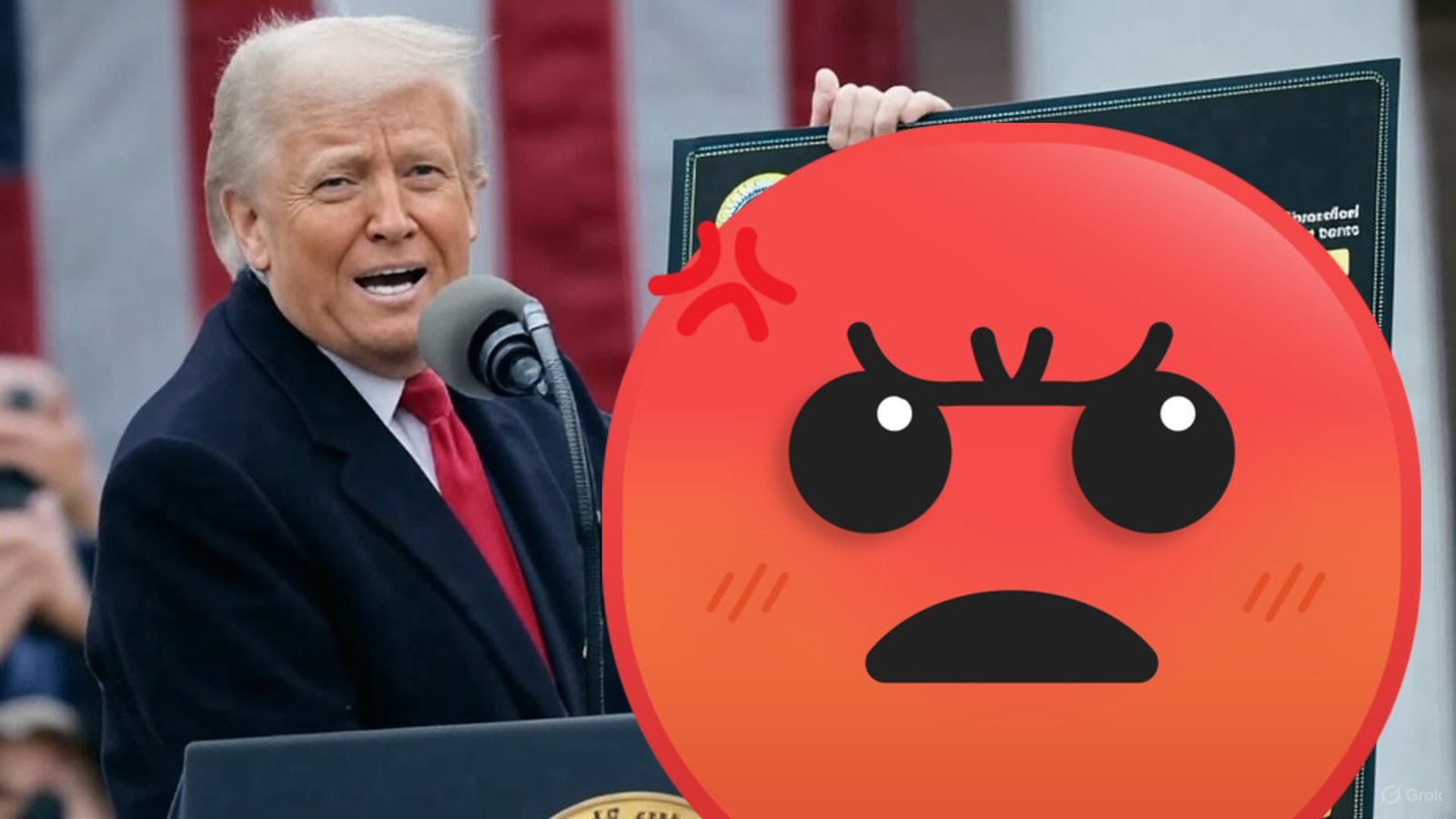


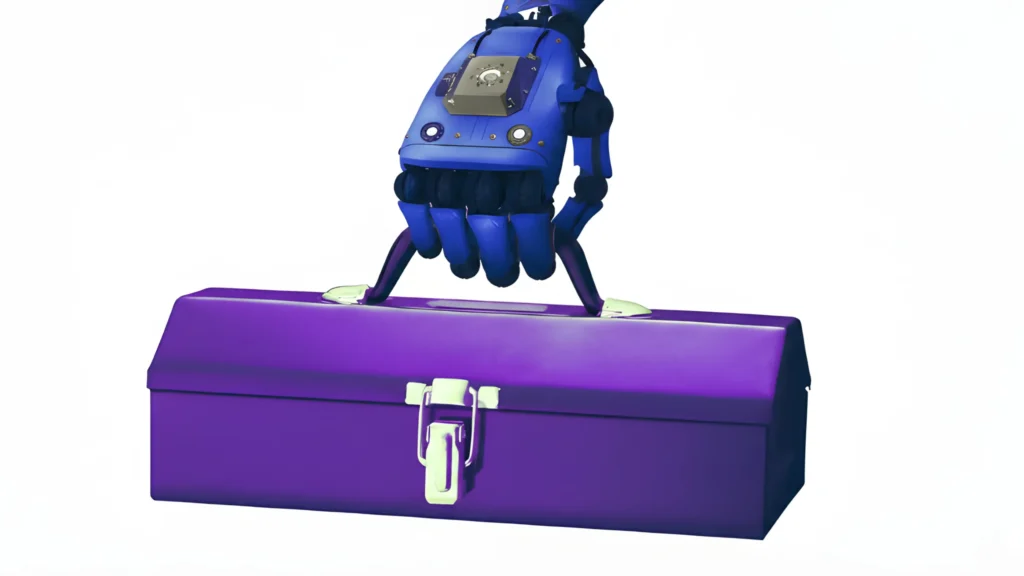

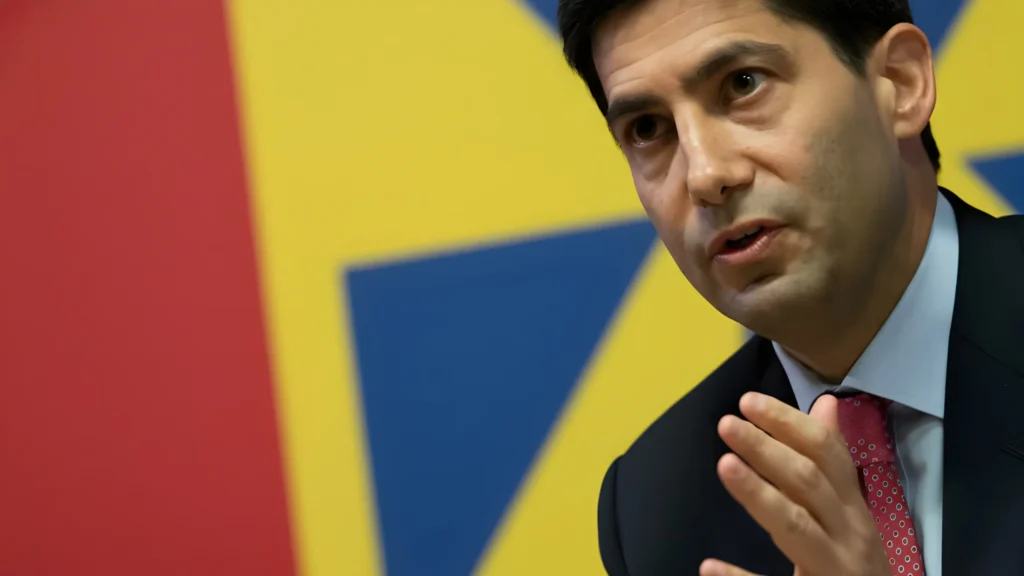


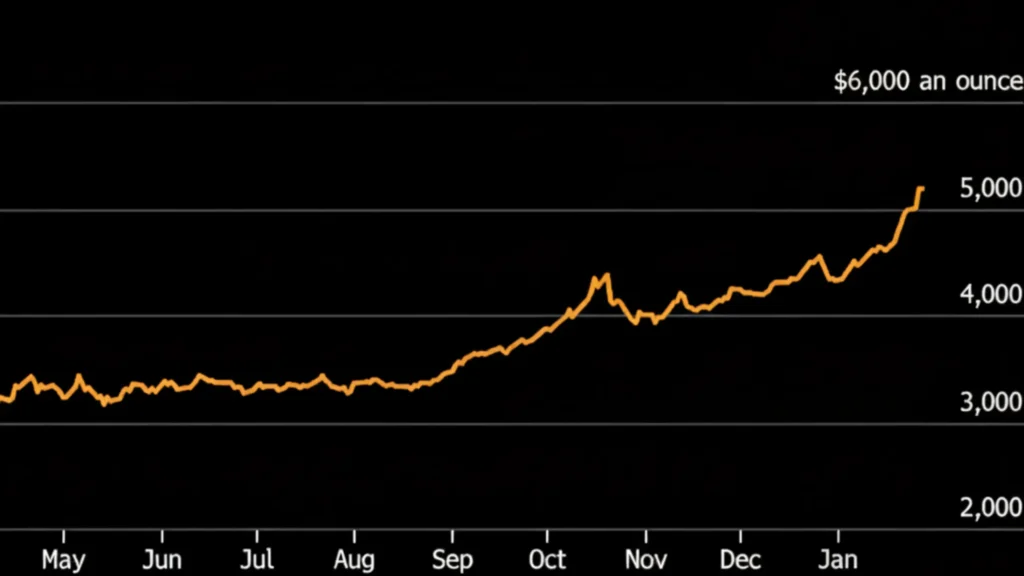
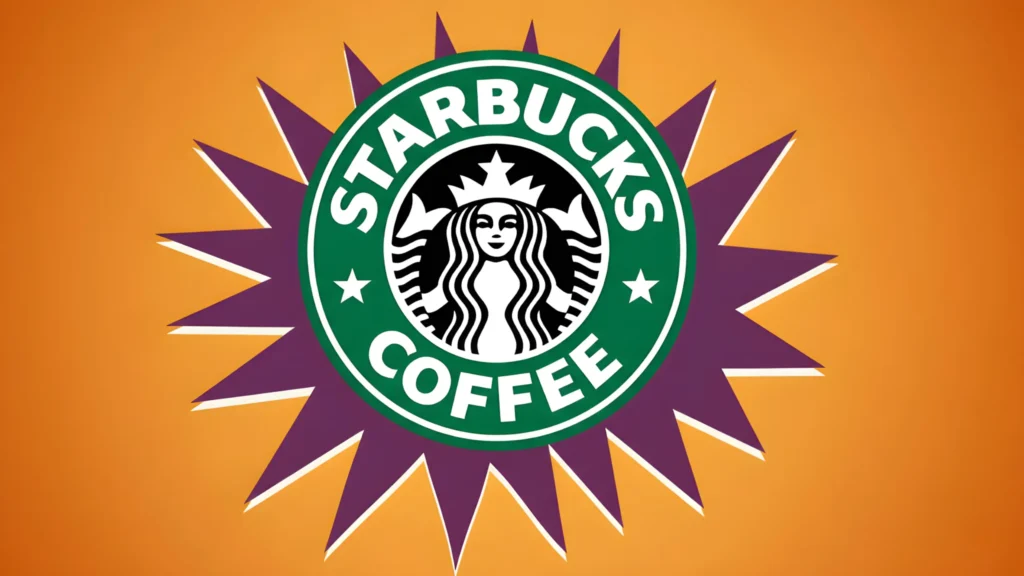

Leave a Reply